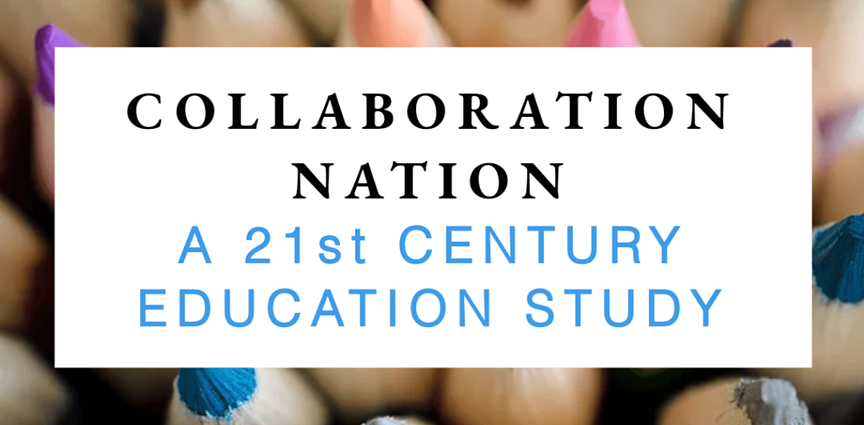Collaboration Nation, Inc.
#CollaborationNation is changing education by bridging silos w transparent research & public learning
Collaboration Nation is a collective of educators, organizations, and networks - who are committed to re-imaging and re-making learning in schools by advocating for equitable collaboration by leading transparent research, coordinated public learning opportunities, and support for mission-aligned networks.
Overview
Information on this page is provided by the innovator and has not been evaluated by HundrED.
2019
-
1
About the innovation
Media
Implementation steps
A single teacher will place listening devices on student group tables, and the app will present the teacher app with live data about the division of talk time and emotionality in each group. Educators can then record an observation, or personalize by asking students self-reflection or discussion que
System-wide implementation allows a community to define their vision of educational success, identify the learning models operating within their ecosystem, and align efforts to reach their goal based on data provided by the app.
Spread of the innovation
Similar innovations

